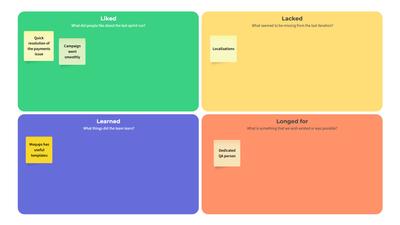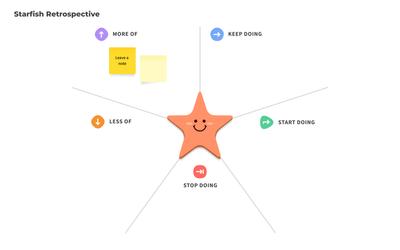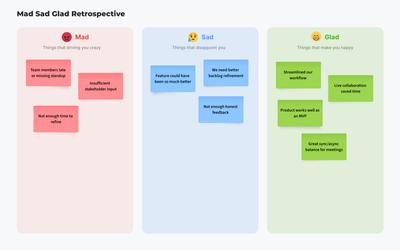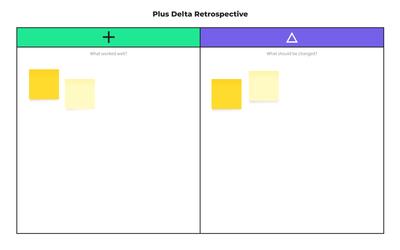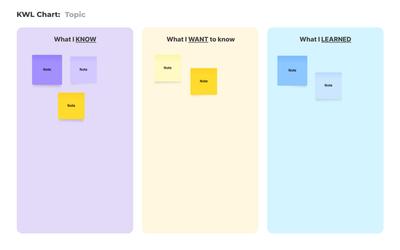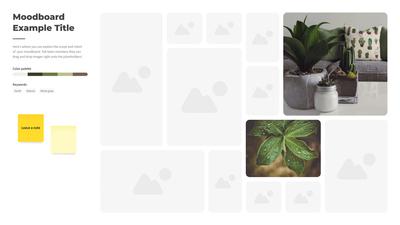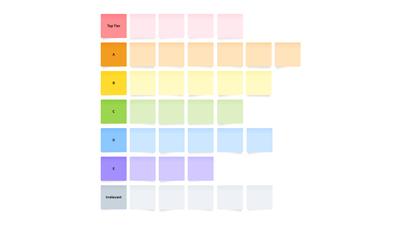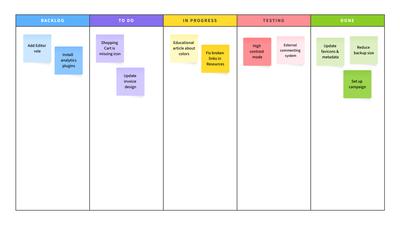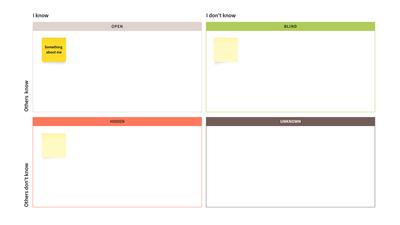Retrospective Templates
Transform team meetings with our retrospective templates. Analyze sprints, identify wins and challenges, and craft action plans to foster both open communication and continuous improvement.
What is a retrospective template?
Retrospective templates are used in agile methodology but they’re useful for any kind of project. With retrospective templates, teams can reflect back on a newly-completed sprint or initiative to assess successes and challenges. Retrospectives provide a safe, structured way to share insights, address shortcomings and make suggestions going forward.
The following retrospective templates differ in approach, but share the goal of helping teams collaborate to improve their workflow:
- 4Ls Retrospective
- Starfish Retrospective
- Mad Sad Glad Retrospective
- Plus Delta Retrospective
- KWL Chart Retrospective
4Ls Retrospective
The 4Ls is a retrospective tool that uses positive, emotional language to encourage feedback after a project has ended. Team members share what they liked, learned, lacked, or longed for, so that team leaders can incorporate these insights into future sprints.
Starfish Retrospective
Using the visual of a Starfish, this playful sprint retrospective asks participants to suggest actionable improvements for their next project. The team explains what they want to stop, start, or keep doing – what they want either less and more of going forward.
Mad Sad Glad Retrospective
The Mad, Sad, Glad retrospective is the most emotion-focused of all retrospective best practices. This template’s simplicity and honesty legitimizes team feelings by encouraging members to share their positive experiences, as well as frustrations and regrets.
Plus Delta Retrospective
This simple, two-category project retrospective template puts equal emphasis on positives and negatives by asking what should be continued or changed. Plus Delta is less emotional than other agile retrospectives and focuses on actions rather than feelings.
KWL Chart Retrospective
The KWL (Know, Want to Know, Learned) retrospective template offers a learning-focused approach to sprint analysis. By capturing initial knowledge, desired outcomes, and actual learnings, it helps teams identify knowledge gaps, track growth, and set meaningful goals for the future.
Choose from 100+ pre-designed templates
Match your use case and get your team going!
Sign up for free